On Anne Frank
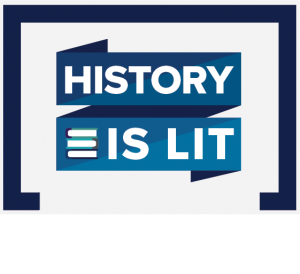
CBC’s new History is Lit series will explore literary history, book lore, ancient storytelling, and any place where stories and yesteryear meet.
There are books that stay with us. That we carry throughout our lives. I remember vividly the day I read Anne Frank’s Diary. It had been assigned at school and I could not wait to read writings from a real girl during the Second World War. I was already fascinated by history (Ancient Egypt and Greece), but after my first trip to Europe, I had recently discovered other fascinating eras and more recent events. Anne Frank was about my age when she wrote the diary and I didn’t know someone like me could write and have a book; it felt like a road map and a window into another world. I was half right.
Anne Frank was born in Germany in 1933 but her family soon fled to Amsterdam to escape the Nazis. In 1942, when Anne was 13 years old, she started a diary of her and her family’s experiences as Jews in Nazi-occupied Holland. On July 5, Anne’s sister received the notice she would be deported to a “work camp,” spurring their dad, businessman Otto Frank, to seek refuge the next day. Otto asked Miep Gies, the bookkeeper at his company, if she could help hide him and his family. Miep Gies, along with other employees, risked their lives to provide supplies and help the Franks, the Van Pels, and Fritz Pfeffer stay hidden in the Secret Annex.
Sadly, after two years, in August 1944 (soon after the Allies landed in Normandy), the Secret Annex was discovered. The Nazis sent the Jewish families to concentration camps as well as two of the men helping them, Johannes Kleiman and Victor Kugler. Miep Gies rescued Anne’s diary and writings soon after the families were taken away. This was of great comfort to Otto Frank, as the lone survivor of his family. Anne’s writings were published in 1947 and soon became the literary testament for all those who died or survived the harrowing Holocaust.
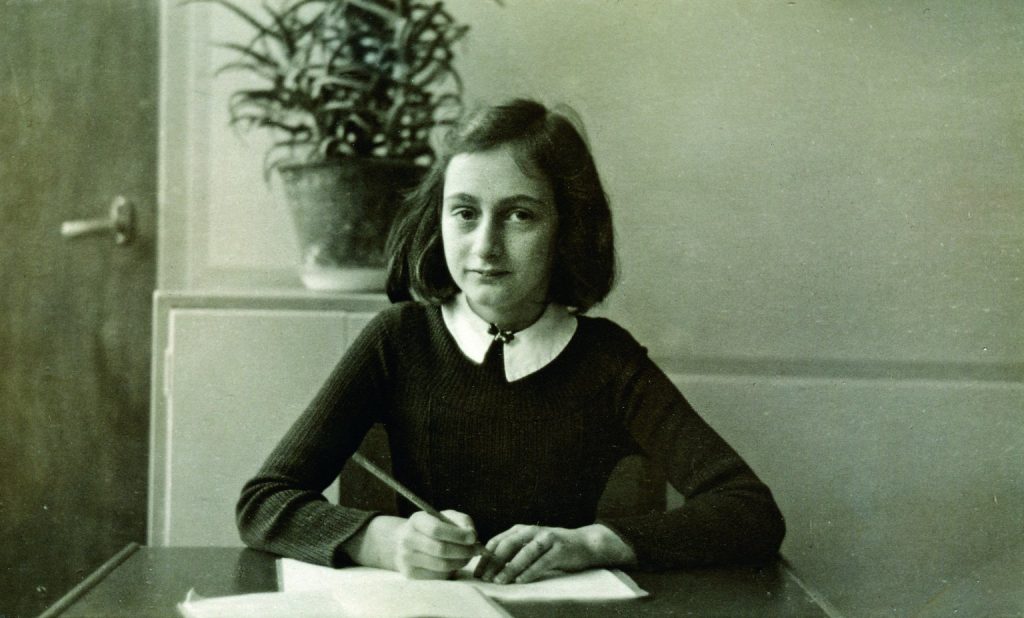
Anne’s diary and writings were full of comfort, humor, and insight despite the constant threat of death. She speaks of their day-to-day lives from the fear of capture to adolescent issues and her hopes of becoming a journalist. Anne Frank’s writings show her emotional growth and hope for humanity despite what she was experiencing. In her own words, “I still believe, in spite of everything, that people are really good at heart.”
I closed the book and could not quite process the grief. I hadn’t expected Anne not to make it: after all, the Allies had won. Movies and books had conditioned me to expect a happy ending, but this was no made-up story, this was history. For the first time, I understood there were breathing, walking, and crying people behind the battles and events from long ago. Anne was the writer I aspired to be and her diary showed me the way of life, emotions, grief, and storytelling. I’ve carried her story with me since those pre-teen years, Anne Frank showed me the life-affirming strength that comes from loss, the lesson that has carried me through this flawed, unyielding but ultimately exhilarating life road.
Anne Frank was the hero we needed after the devastating suffering of the 1940s. She’s still a hero we need today.
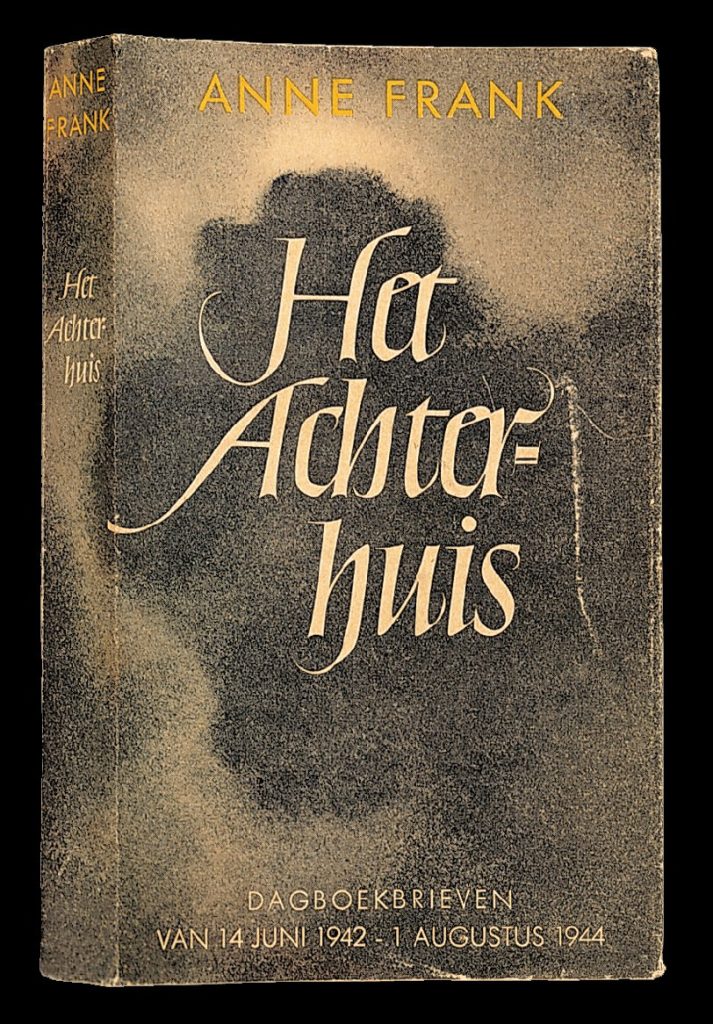
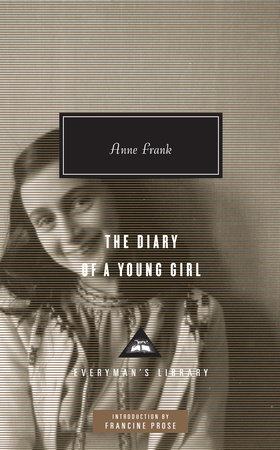
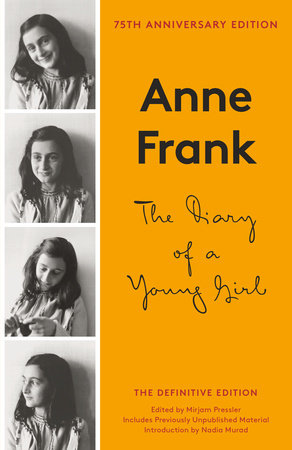
FURTHER READING.
- The Diary of a Young Girl, by Anne Frank (Definitive Paperback)
- The Diary of a Young Girl, by Anne Frank (Modern Library hardcover)
- Anne Frank House
- Books to Help Kids Understand What It’s Like to Be a Refugee, by Olugbemisola Rhuday-Perkovich
- What are the best children’s books on the second world war?
CBC’s resident history and yesteryear explorer, Laura Peraza, takes you back in time. Check out other series on our blog and our Reader Resources for more books and materials.

